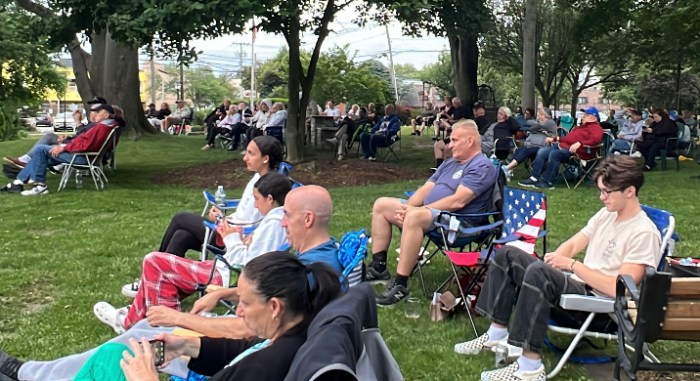
Why would a parent send their typical child to a preschool for special needs? Well, as it turns out, the benefits of an integrated preschool program are endless. From one-on-one attention to learning from teachers who are dual certified with a master’s level education to an extensive focus on language enrichment, both deaf and hearing children are exposed to a multitude of academic and environmental advantages.
During an integrated preschool program, children still partake in general preschool activities such as art, reading, writing, music, fun on the playground and structured games in the gymnasium. However, during this type of preschool program, more emphasis is placed on incorporating language and developmental skills into these activities, as the main focus is to elevate these skills to the highest standards.
Using absolutely no sign language, the program takes hearing-impaired children with cochlear implants out of their comfort zone, nudging them to communicate with hearing children, and vice versa, creating a mutual respect and sensitivity amongst both the hearing and deaf, and often forming long-lasting friendships.
Deaf students are also afforded the chance to participate in speech therapy three to five times a week, providing extensive opportunities to excel through language, literacy and play. In conjunction with a comprehensive educational program, intensive parent training and support groups are essential components, allowing for parental involvement in the child’s receptive and expressive language development.

Mill Neck Manor’s School for the Deaf offers an integrated preschool program (ages 3 to 5), where children can learn side-by-side in a safe, nurturing environment. This exclusive program is based heavily on language and literacy and is aligned with the new Common Core standards for preschool and kindergarten.
“When our students begin kindergarten, school districts say they are so well prepared,” says Kathleen Kerzner, principal of the Integrated Preschool program. “For instance, benefiting from numerous opportunities to write and respond to stories, preschoolers learn to master the visual, spatial and directional aspects of forming letters and words. Using many techniques to foster conversation, teachers encourage children to develop strong letter-sound relationships, initiate conversation and further natural language with peers.”
An integrated preschool program proves to benefit both hearing and deaf children, advancing them academically and developmentally, while introducing them to a whole new world of language and connectivity.
The integrated preschool program runs from September to June and for six weeks during the summer. For more information, to schedule a tour or to register your child, call 516-628-4232. For more information about any of the Mill Neck Family of Organization programs, call 516-922-4100 or visit www.millneck.org.

































